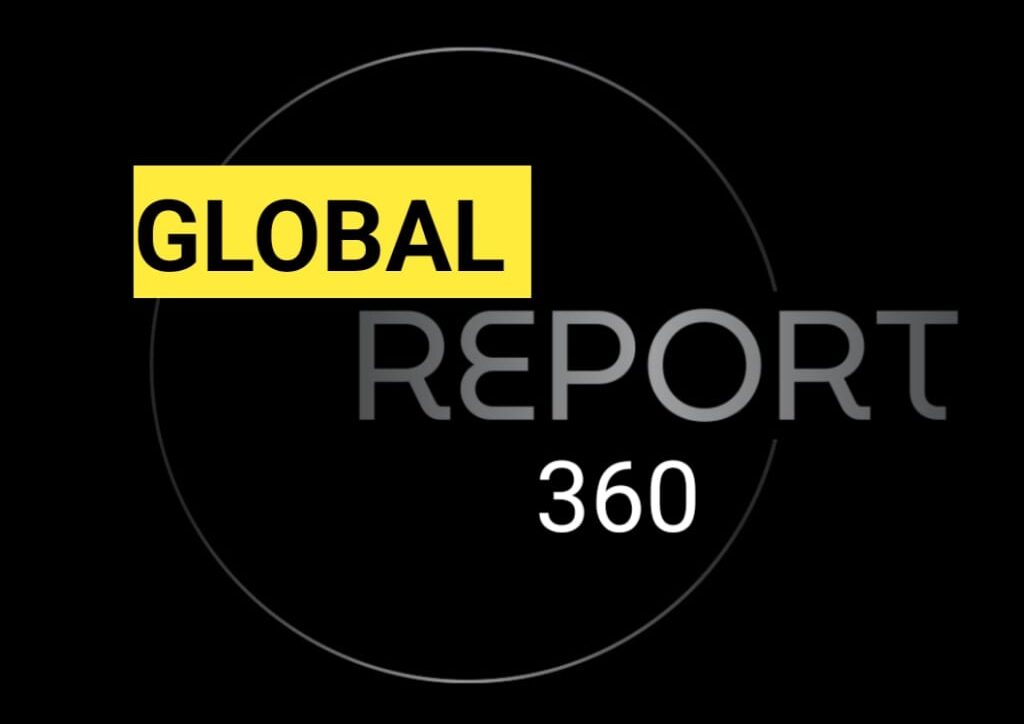The latest news
Asian stocks mixed. On the one hand, traders were betting that the Fed would cut interest rates soon, with Japanese markets extending their recovery to 34-year highs. On the other hand, China’s reaction to Taiwan’s presidential election kept investors on edge.
Taiwan index +0.15% after Lai Ching-te’s victory in the presidential election
The island, considered rebellious, “is still part of One China” despite a vote that rewarded Democratic Progressive Party (DPP) candidate Lai Ching-te with autonomous positions. Foreign Minister Wang Yi made it clear that the vote could not change the basic facts: Taiwan «never was a country. It wasn’t like that in the past and it certainly won’t be like that in the future either,” reads a note published by Beijing diplomacy. Independence, in other words, «is a dead end. China will eventually complete reunification and Taiwan will return to embrace its motherland. We believe that the international community will continue to support the righteous cause of the Chinese people in opposing separatist activities and fighting for national reunification on the one-China principle,” Wang concluded. Taiwan’s index rose 0.15% after Lai’s victory. Any further moves by Beijing will be closely watched ahead of Laia’s official inauguration in May.
Nikkei index at 34-year highs
Japan’s Nikkei was the best for a fourth straight session, rising 1.50% to 35,577 points, a 34-year high, as an ultra-dovish Bank of Japan (BoJ) outlook kept traders heavily biased towards local stocks. Japan’s consumer price index (CPI) data, due later this week, is expected to show a sustained decline in inflation and set a dovish tone for the BoJ at its meeting in January. The index was supported by financial and shipper stocks with geopolitical risks pushing up shipping rates.
China stock market sell-off PBoC surprisingly leaves rates unchanged
However, China’s stock markets fell, with the CSI 300 Shanghai Shenzhen and Shanghai Composite down 0.65% and 0.16%, respectively. The People’s Bank of China (PBoC) unexpectedly kept medium-term lending rates steady, struggling between supporting economic growth and stemming further yuan losses. In any case, it confirmed a liquidity injection of 995 billion yuan ($139 billion). Economists had expected a rate cut of 25 basis points. However, they believe that the time to cut rates is only moving forward slightly. It is clear that Beijing has limited room to further ease monetary conditions and support growth, which may not bode well for the fragile post-Covid economic recovery. This week’s focus is primarily on Q4 2023 GDP data, which is expected on Wednesday.
Baidu crashes in Hong Kong: Report links AI Ernie to Chinese military
Hong Kong’s Hang Seng also fell 0.29%. Search engine giant Baidu fell 10% after the South China Morning Post reported that the Ernie group’s main artificial intelligence system was used in tests by the Chinese People’s Liberation Army. Notably, a research lab affiliated with the Army’s Strategic Support Forces reportedly tested an experimental AI system on Baidu’s Ernie and IFlyTek’s Spark language models. Baidu told the South China Morning Post that the company has no connection to the lab and that any version of Ernie Bot used in testing is likely to be a publicly available version. But the report raised concerns that any potential affiliation with the People’s Liberation Army could trigger sanctions from the United States, especially as both countries explore military applications of AI.
Baidu’s Ernie Bot is OpenAI’s answer to ChatGpt. However, China’s AI aspirations face some challenges, notably the US ban on selling key AI-related chips to Chinese companies. In fact, the giant Nvidia, which is the reference model for manufacturing chips for the development of AI, can no longer sell its latest chips in China. Tencent and Alibaba have warned that the ban could hinder their AI development efforts. Finally, the South Korean Kospi also fell (-0.60%). (All rights reserved)

